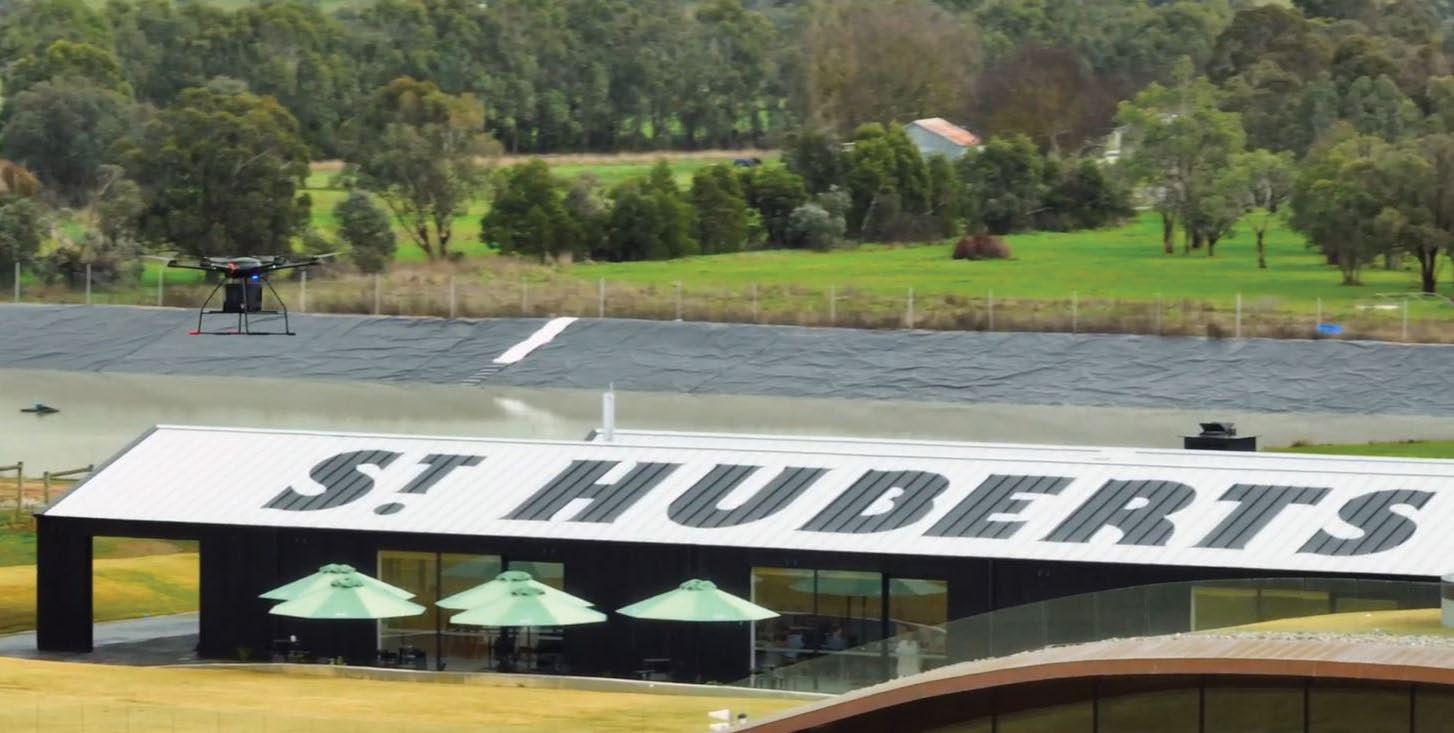
5 minute read
Jobs Skills Summit
NATIONAL
1 and 2 September 2022
MGA TMA has been advocating for a less complex, simpler, and more flexible industrial relations landscape for many years.
Australia has the most complex wages award system in the world. Unbelievably complicated and sometimes impossible to navigate leaving employers constantly at risk of underpaying a wages entitlement.
Industrial Relations and Employment Law is a key support service for members and a very important policy area for MGA TMA. MGA TMA, together with COSBOA, has been involved in consultations with the Federal Government, occasionally with the Fair Work Commission, and in negotiations with other stakeholders over the years. MGA is a Council member of the Council of Small Business Organisations Australia. Jos de Bruin is a board member of COSBOA.
COSBOA has entered into a Memorandum of Understanding with the ACTU to explore ways to simplify and reduce complexity within the industrial relations system that will enable small businesses to employ more people and grow their businesses.
The two organisations have agreed to support development of a simpler system for small business that includes: 1. The ability for small business to be able to correctly embrace the workplace relations requirements 2. A simpler BOOT (Better Off
Overall Test) 3. New options for flexibility in the workplace 4. New options around making it easier for small businesses to develop employer agreements. Both organisations recognise the importance of small business owners and employees to our economy and have committed to working together with new laws to deliver workplace arrangements customised for small businesses that benefit owners and employees.
MGA TMA members may have seen recent reports that have incorrectly stated COSBOA supports industry/ sector wide bargaining. This is not correct. MGA TMA and COSBOA are not in support of any measures which would force, mandate or remove the autonomy of small businesses to decide their future.
We are not interested in any model that is sector wide and compulsory. This is an opt-in conversation recognising the complexity of the system and lack of resources with which the small businesses are left to navigate. We all agree the current system is broken.
Small businesses such as MGA TMA’s members have been looking for a way forward that suits their unique needs for a long time. Our members do not have resources that are available to businesses with lawyers and HR departments.
The current agreement and bargaining system was not built for small businesses; it is not efficient and is too complicated.
The Jobs Summit gave us the opportunity to explore new flexible single or multi-employer options that can be customised to our members circumstances. The one size fits all approach does not work. The Jobs Summit is an opportunity to look for new and modern solutions.
Members in food, grocery, liquor, timber, and hardware are seeking an industrial relations environment conducive to employing more people and that reduces complexity of compliance.
We will not agree on everything; there are already examples where we are not aligned. But there is an acknowledgement by both sides that the system is currently unmanageable for small business and the tools which larger organisations employ are inaccessible for them. And that is not right.
MGA TMA and COSBOA have tried to get our members and small businesses back on the agenda; and believe this has been achieved.
MGA TMA has submitted that solving the current labour and skills shortages will be multi-pronged. Increasing migration, simplifying the temporary visa system to allow longer hours to be worked and visa extension made easier, allowing pensioners and welfare recipients to work additional hours by not putting their welfare payments at risk of reduction and the big one, industrial relations reform – making it easier to employ people with less complexity and more flexibility.
It is about resetting the conversation with small business at the centre of the discussion and seeking principals which work to improve engagement, increased productivity, simplicity and compliance.
NATIONAL
Minister Brendon OConnor, Bruce Billson Jobs Roundtable Minister Small Business Julie Collins, Bruce Billson Jobs Summit Roundtable


Minister Small Business Julie Collins Jobs Summit Roundtable Sally McManus & COSBOA

At the time of writing, we hope to find consensus on aspects of industrial relations reform which are currently unmanageable. Including examining the BOOT test, agreements which might work for employers in one industry, or better frameworks which may make the apparent benefits that are included in enterprise bargaining conversations accessible for small businesses.
This is a complex discussion but the sooner we get started with stakeholders, the sooner we can see change. Our voice will bring about transformation, meaning small businesses can engage with their workers fairly. “Small business has been looking for a way forward that suit their unique needs for a long time. We do not have resources that are available to big business with lawyers and HR departments. The current bargaining system was not built for us, it is not efficient and is too complicated. We welcome in good faith discussions to explore the opportunities that may be created to make it easier for small businesses to make an agreement customised to our circumstances. The one size fits all approach doesn’t work. The Jobs Summit is an opportunity to look for new and modern solutions. Small business is seeking an environment that is conducive to employ more people and that reduces the complexity of compliance.”
Alexi Boyd, COSBOA CEO
“We recognise that the current system is not working for small business. We are committed to working with COSBOA to put in place bespoke and modern agreements that are easy to administer and suit the needs of employees and business owners.
The current enterprise focused system was built for an economy of 30 years ago, it needs to be upgraded and work for the economy of today.
The employees of small businesses, and their owners, should be able to access the same benefits from bargaining that bigger businesses have enjoyed”.










